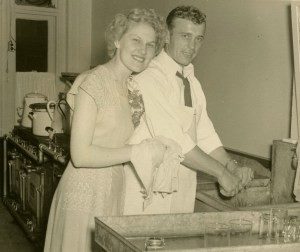That terrible mood of depression, whether it’s any good or not, is what is known as The Artist’s Reward. Ernest Hemmingway
Others imply that they know what it is like to be depressed because they have gone through a divorce, lost a job, or broken up with someone. But these experiences carry with them feelings. Depression, instead, is flat, hollow, and unendurable. It is also tiresome. People cannot abide being around you when you are depressed. They might think that they ought to, and they might even try, but you know, and they know that you are tedious beyond belief: you are irritable and paranoid and humorless and lifeless and critical and demanding, and no reassurance is ever enough. You’re frightened, and you’re frightening, and you’re “not at all like yourself but will be soon,” but you know you won’t. Kay Redfield Jamison, Night Falls Fast
That’s the thing about depression: A human being can survive almost anything, as long as she sees the end in sight. But depression is so insidious, and it compounds daily, that it’s impossible to ever see the end. Elizabeth Wurtzel, Prozac Nation: Young and Depressed in America
In depression . . . faith in deliverance, in ultimate restoration, is absent. The pain is unrelenting, and what makes the condition intolerable is the foreknowledge that no remedy will come – – not in a day, an hour, a month, or a minute . . . It is hopelessness even more than pain that crushes the soul. William Styron, Darkness Visible: A Memoir of Madness
They flank me-Depression on my left, loneliness on my right. They don’t need to show their badges. I know these guys very well. …then they frisk me. They empty my pockets of any joy I had been carrying there. Depression even confiscates my identity; but he always does that. Elizabeth Gilbert, Eat, Pray, Love
Depression is nourished by a lifetime of ungrieved and unforgiven hurts. Penelope Sweet










